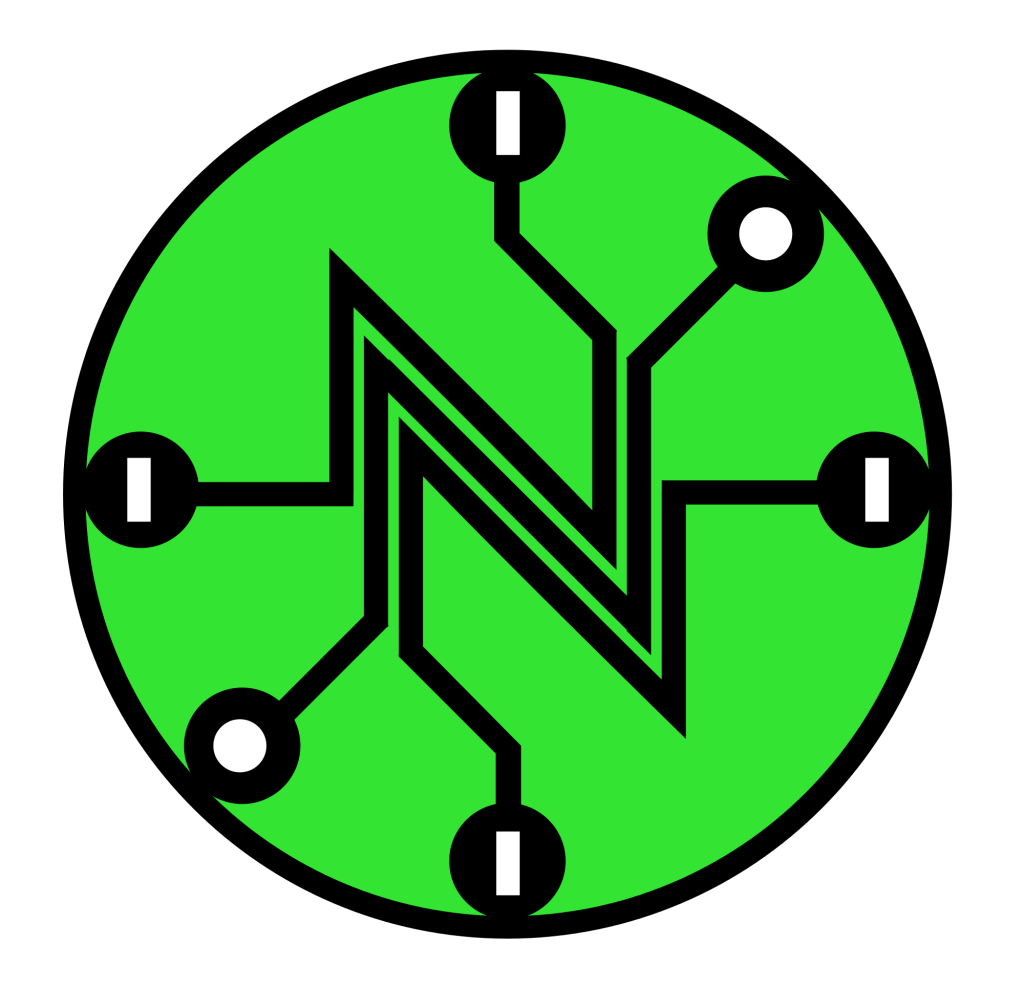What exactly is Net Neutrality?

Tags: Net Neutrality
What exactly is Net Neutrality? published by Dragonfly181
Writer Rating: 0
Posted on 2017-12-05
Writer Description: Net Neutrality
This writer has written 1 articles.
There's a lot of, I wouldn't necessarily say misinformation(although there is that too), but biased information going around. I'm sure you've seen all the fear based "Worst case" arguments that are posted everywhere with the "save the internet" memes. Let's break it down in worst case terms:
If NN is removed(I'm sure you've seen these): Major Broadband carriers(Comcast, Verizon, etc.) will be able to control what you see and do online. Broadband companies will impose tiered fees based on content, for instance, if you want Netflix, it's an extra $10 charge on your internet bill.
If NN stays(you probably haven't heard these): Government controls what you see and do on the internet. Internet ID required to be able to access the internet. Broadband companies will impose tiered fees based on Bandwidth usage, for instance, $10 per month for 150 Gb(or possibly something more inline with mobile $10/1 Gb since we are talking Worst case).
Here's what NN actually does:
-
No-Blocking: ISPs are not allowed to block any legal content(already protected in FCC's Open Internet Order - OIO).
-
No-Throttling: ISPs are not allowed to throttle any legal content and all data is to be treated the same(also already protected in the OIO).
-
No Paid Prioritization: ISPs are not allowed to "fast track" data to those willing to pay for it(seems sort of repetitive to point 2, no throttle, but I suppose more solidly defines?).
-
No-Unreasonable Interference/Disadvantage Standard: FCC can prohibit any blocking of communication over the internet it deems as unreasonable(The blocking of any internet communication is already protected under OIO. This clause specifically gives FCC direct management over internet communication. Remember Government will defining what is unreasonable and will not be preventing any blocking within their definitions and is fully allowed to enforce blocking of any content it doesn't like.)
-
Transparency Requirements: ISPs are required to be transparent with their billing and service agreements(already protected under OIO).
Pros: Mobile Carriers are now treated the same land based ISPs.
Cons:
-
Specific clause that states that NN does NOT include any restrictions or rules against ISPs setting caps and charging based on bandwidth usage.
-
Not only does NN place internet under title ii, but also titles iii(radio rules), iv(enforcement) and v(penalties) so many rules within those, it's a 300+ page document itself.
-
Specifically grants FCC power to collect "necessary" data transferred over the internet, whatever "necessary" means, guess they get to define that too.
-
FCC uses NN to add 6 new Title ii provisions, which obviously has a wider reach than just internet.
In short, NN is an overreach. Most of the "good parts" are already covered in previous regulations. It also only effects "last mile" infrastructure(all the stuff that was paid for by the Broadband companies to get to your house). Does nothing to prevent censorship with giants like google that really control what the majority of users see. Hopefully this sheds a little light. Feel free to spread around and share as needed.
Sources: https://www.scribd.com/doc/258494173/FCC-15-24A1#fullscreen&from_embed, https://transition.fcc.gov/Reports/1934new.pdf, https://en.wikipedia.org/wiki/FCC_Open_Internet_Order_2010
You have the right to stay anonymous in your comments, share at your own discretion.


